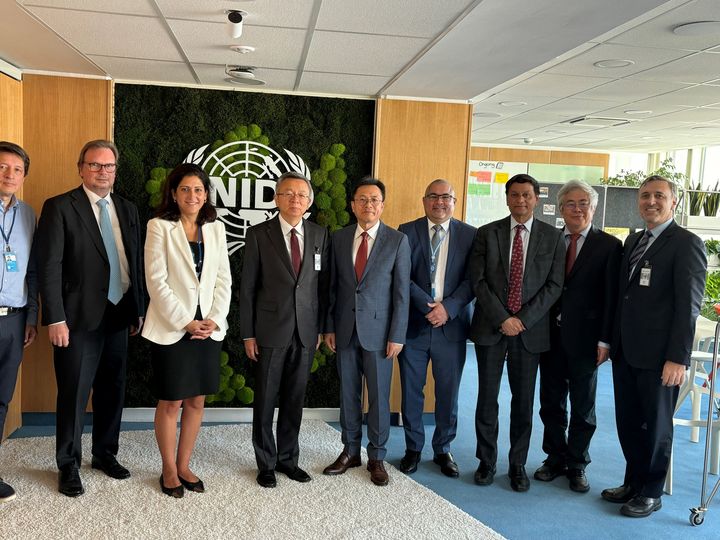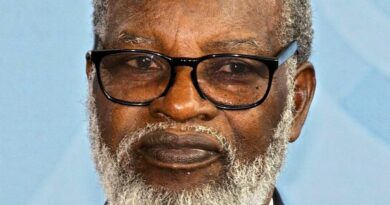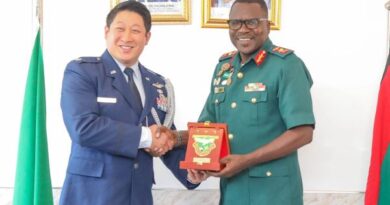IMF and UNIDO Join Forces for Sustainable Development in Emerging Economies
Officials from the United Nations Industrial Development Organization (UNIDO) and the International Monetary Fund (IMF) convened to discuss strategic alignment aimed at maximizing impact in sustainable development, particularly in emerging markets and developing economies.
The high-level discussions focused on essential themes, including industrial policy support, climate finance for renewable energy, and building resilience through regional manufacturing hubs.
Ciyong Zou, Deputy to the Director General and Managing Director of UNIDO, stressed the importance of coordinated efforts to advance joint initiatives.
“By leveraging our respective strengths, UNIDO and the IMF can drive significant advancements in providing emerging economies with the inclusive solutions and tools they need to transition to a sustainable future,” Zou stated.
Bo Li, Deputy Managing Director of the IMF, echoed this sentiment, highlighting the collaboration’s potential to enhance institutional frameworks and develop significant capacities.
He remarked, “The IMF is committed to supporting the global green transition. Working with UNIDO, we aim to accelerate scalable solutions in developing economies, contributing to a more resilient and sustainable global economy.”
During the meeting, both organizations acknowledged that capacity development is crucial for effective policy implementation. They agreed on the necessity of supporting institutions to foster continuous development and enhancement.
Discussions also touched on the pathways to scale climate finance and expand renewable energy initiatives, with a consensus that decarbonization, clean energy sources, and green hydrogen utilization offer a robust foundation for future collaboration.
Furthermore, the need to strengthen pandemic resilience was highlighted, with both organizations agreeing on the importance of establishing broad principles for national, regional, and global health industries. This initiative aims to bolster capacities and institutions to effectively respond to future health crises.



